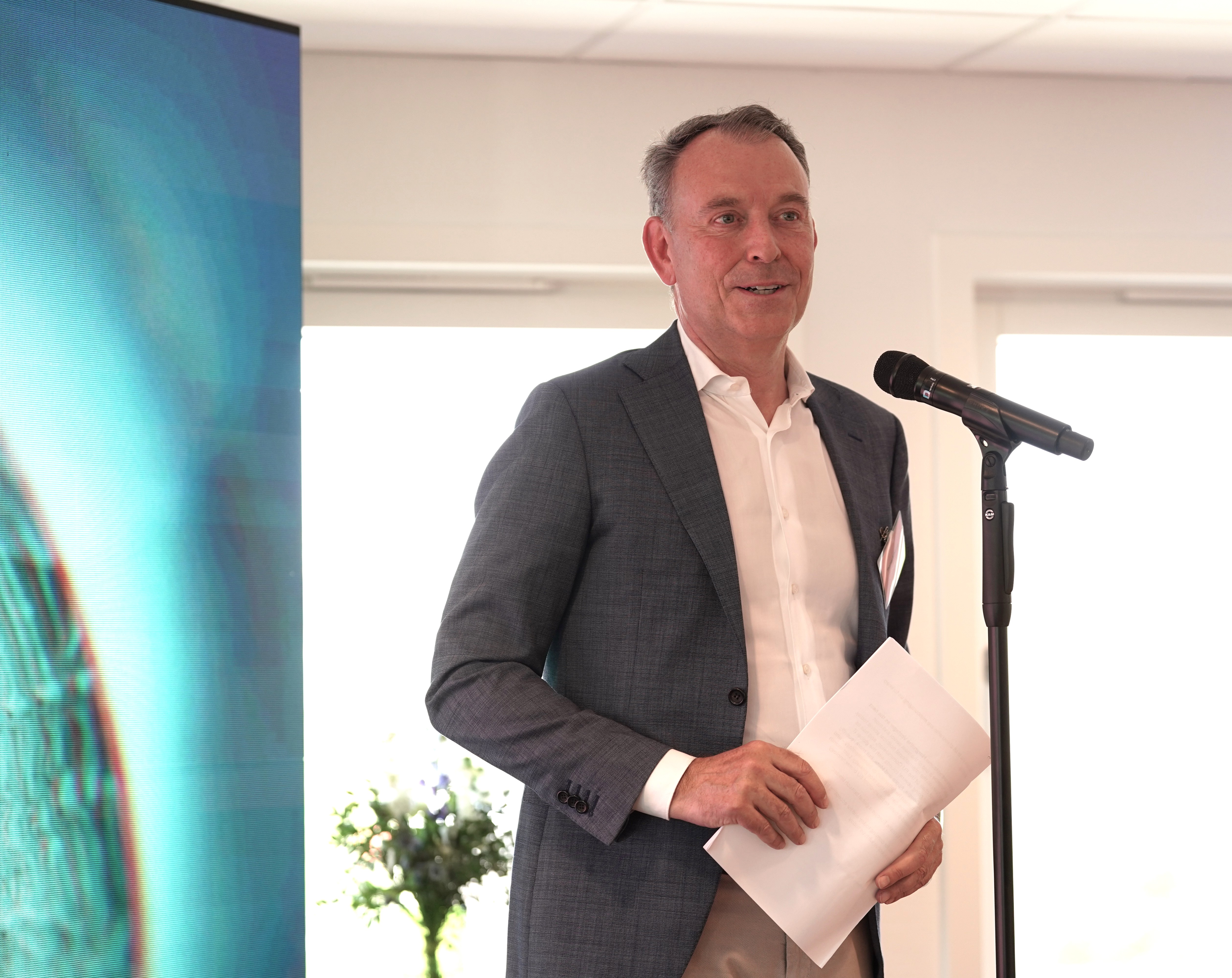The new kids on the block: First-time synthetic biology investors focused on cleantech
The new kids on the block: First-time synthetic biology investors focused on cleantech
In February, Boston-based Motif Ingredients, a producer of synthetic proteins, became the biggest food tech startup in history when it raised a $90 million of Series A. The funding was notable not only for its size, but for the names behind it, which included the likes of global commodity giant Louis Dreyfus Company and Bill Gates’s climate-focused Breakthrough Energy Ventures (BEV).While BEV and Louis Dreyfus might seem like an improbable pairing, they are not the only big names getting into synthetic biology. The industry raised a record $3.8 billion in 2018 and is on track for a similar amount this year.Bill Gates is certainly not new to synthetic biology. His Cascade Investments was an early backer of Memphis Meats and Ginkgo Bioworks. But BEV has upped the ante with investments in Pivot Bio, DMC Biotechnologies, Sustainable Bioproducts, and, now, Motif Ingredients.
Synthetic biology is big for cleantech investors
Agriculture, including production of animal proteins, is a major focus for cleantech investors because it accounts for nearly a quarter of all greenhouse gas emissions. Gates calls it one of the five grand challenges of climate change, along with electricity, manufacturing, transportation, and buildings.Cleantech investing has recently emerged from the trough of disillusionment, propelled by new technologies including synthetic biology. Motif Ingredients, for instance, is built around gene editing, machine learning, and robotics capabilities that did not exist a decade ago.Motif, a spin-off of Ginkgo Bioworks, aims to identify a cornucopia of natural ingredients, including the vitamins and proteins found in foods such as milk or meat. It will then produce them using engineered yeasts and bacteria in a fermentation process similar to brewing beer. The company plans to develop ingredients for plant-based versions of meat and dairy as well as “cultured meat” grown from animal cells in bioreactors.Berkeley-based Pivot Bio raised $70 million in its latest funding round, mostly from BEV. Pivot Bio has developed a microbial solution that replaces nitrogen fertilizers, reduces nitrogen runoff, and eliminates the production of nitrous oxide. Production of nitrogen fertilizers accounts for about 3 percent of global greenhouse gas emissions.DMC Biotechnologies is a Boulder, CO startup that engineers microbes to produce high-value chemicals, including biofuels. The company raised seed funding last year from BEV and Capricorn Venture Partners.Sustainable Bioproducts, a Chicago-based startup, raised $33 million in March to create animal protein substitutes using super-efficient microbes found in the volcanic springs of Yellowstone National Park.Sustainable Bioproducts is backed by other big-name investors besides BEV, including Andrew Chung’s 1955 Capital. Chung, a former partner at cleantech pioneer Khosla Ventures, launched 1955 Capital four years ago with the goal of bringing renewable energy and sustainability technologies to the developing world, especially China.Sustainable Bioproducts also received backing from food and agriculture giants Danone and ADM. Strategic investors such as these play a bigger role in synthetic biology than in other tech industries. Typically they are corporations that want to gain insight into innovations that might disrupt their business, and often they have limited experience with synthetic biology.
Getting ahead of the game with strategic investments
For Louis Dreyfus Company, being an early investor in a potentially disruptive commodity producer like Motif Ingredients makes strategic sense. Kristen Eshak Weldon, Louis Dreyfus’s head of food innovation and downstream strategy, says, "Innovative or disruptive solutions are key to responding to changing consumer demand and to addressing the challenge of feeding a growing world population sustainably."Protein ingredients are a $30 billion per year global market that is projected to grow along with per capita income. And, like many commodity markets, they are susceptible to supply shortages due to weather, diseases or geopolitics. Louis Dreyfus, Cargill, Tyson Foods and others are making strategic investments in leading-edge agriculture startups to stay ahead of the curve.Meanwhile, synthetic biology has also seen growing interest from traditional venture capitalists who are drawn by its ability to disrupt existing industries and create altogether new ones.For instance, last month Checkerspot raised a $13 million Series A round led by synthetic biology newcomer Builders VC. Builders VC invests in companies that bring existing technologies to markets that are underserved. In the case of Checkerspot, the technology is genetically modified microalgae, and the markets are things like outdoor gear and non-stick cookware. These markets could potentially be disrupted by Checkerspot’s ability to rapidly produce high-performance materials that are not available otherwise. “This synthetic biology wave is ushering in a whole new breed of companies who are going to be the next Dupont or the next Dow,” says Jim Kim, general partner of Builders VC.And in February, Culture Biosciences, a South San Francisco-based startup, secured $5.5 million of funding led by Section 32, with participation from Refactor Capital and Verily. Culture Biosciences is developing a digital biomanufacturing platform that lets companies run, monitor and analyze bioreactor experiments remotely for faster and more convenient biotech product development.Also in February, Phylagen raised a $14 million Series A to develop its microbiome analytics platform that allows users to trace goods and materials to locations of origin such as exact factories, farms, or warehouses. This funding marked the first foray into synthetic biology by supply chain venture fund Working Capital, which invested alongside Cultivian Sandbox and Breakout Ventures. Working Capital invests in early stage companies that offer market-based solutions to address the corporate need to protect vulnerable workers and source responsibly.So synthetic biology continues to attract new investors who get involved for a variety of reasons. Increasingly, it is a field where venture capitalists, strategic investors, and mission-driven investors can all find common ground.Meet the innovators and companies, find new opportunities, partner up and discover the potential of the biological industrial revolution. Join us October 1-3 in San Francisco for SynBioBeta 2019.



.svg)









-min.png)


.gif)